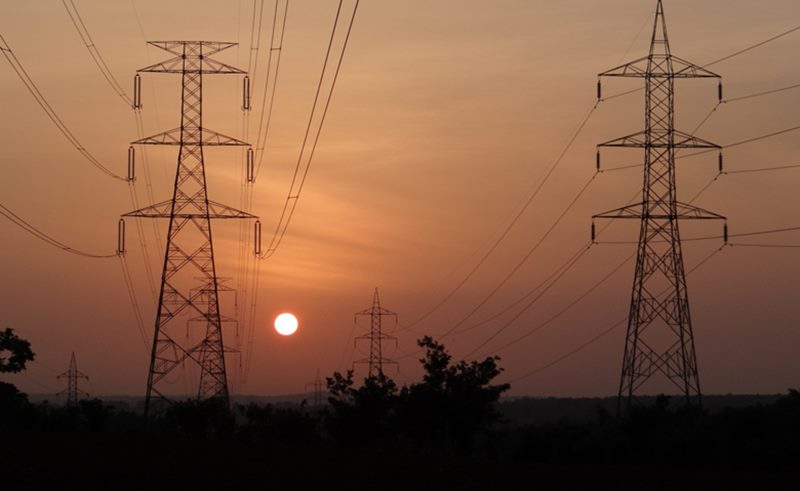Every year, India’s energy requirement reaches its peak in the month of October owing to a series of festivals and increased demand for lighting. The energy scenario in October is further aggravated by the disruptions in the coal supply due to the shortage caused by suspended operations in the coal mines as a result of the monsoon rainfall.
However, a recovering economy trying to reach pre-COVID levels of production has further worsened the situation for the energy sector as there has been an unprecedented demand of 124.2 billion units (BU) per month in 2021. In 2019 (a non-COVID year), the demand was recorded as 106.6 BU.
Apart from such an unprecedented power demand, the Union Ministry of Power informed in a press statement on October 9 that there are three other reasons for the ‘depletion of coal stocks at the power plant end’.
What is the government’s explanation for the coal shortage?
As per the Power ministry, there are four reasons for the depletion of coal stocks:
(a) Unprecedented increase in demand of electricity due to revival of economy.
(b) Heavy rains in coal mine areas during September, 2021 thereby adversely affecting the coal production as well as despatch of coal from mines.
(c) Increase in the market prices of imported coal to unprecedented high levels leading to substantial reduction in power generation from imported coal based power plants leading to more dependence on domestic coal.
( d) Not building adequate coal stocks before the onset of monsoon.
“There are also legacy issues of heavy dues of coal companies from certain states viz., Maharashtra, Rajasthan, Tamil Nadu, UP, Rajasthan and Madhya Pradesh,” added the ministry statement.
Why does shortage of coal affect India’s energy sector?
The coal sector, which, despite efforts to cut fossil fuel usage, is still the most dominant component of the country’s energy sector, and it contributed a whooping 52.6 per cent of the total energy production in the country as on August 31, 2021.
“The daily consumption of electricity has crossed beyond 4 Billion units per day and 65% to 70% demand is being met by coal fired power generation only, thereby increasing dependence on coal,” the ministry informed.
Also, the Union government’s policies to curb foreign exchange expenditure on coal via imports has added further burden on the domestic coal assets which, in case of supply disruptions, are bound to affect India’s energy supply.
Also, the cost of coal has skyrocketed to more than twice in the last six months, making the imports dearer.
“Imported coal price of Indonesian coal jumped from $60/ton in March-2021 to $160/ton (in Sept /Oct, 2021) of 5000 GAR (Gross as received) coal. The import of coal has decreased in comparison to 2019-20 due to import substitution and rising prices of imported coal,” Power ministry stated.
Is the energy crisis unique to India?
As COVID19 vaccinations pace up and the pandemic situation stabilises, countries around the world are beginning to boost their manufacturing and production at large. This has increased the prices of fuel in the global market.
Similar crises such as costlier gas prices in Europe, coal shortage in China, and United States President Joe Biden urging oil producing countries to ramp up production.
What is being done to solve the crisis?
Today, Union Home Minister Amit Shah chaired a meeting with his counterparts from the ministries of power and coal and discussed measures to bring back normalcy to the country’s energy sector.
It is reported that the meeting was attended by senior bureaucrats as well as officials from the state-run energy conglomerate National Thermal Power Corporation Limited (NTPC) and Coal India Limited.
“Any fear of disruption in power supply is entirely misplaced,” the Power ministry has assured following the meeting.
The current fuel stock at coal-powered plants is about 7.2 million tonnes, sufficient for four days, the coal ministry informed.



















